Connect with us
Published
2 years agoon
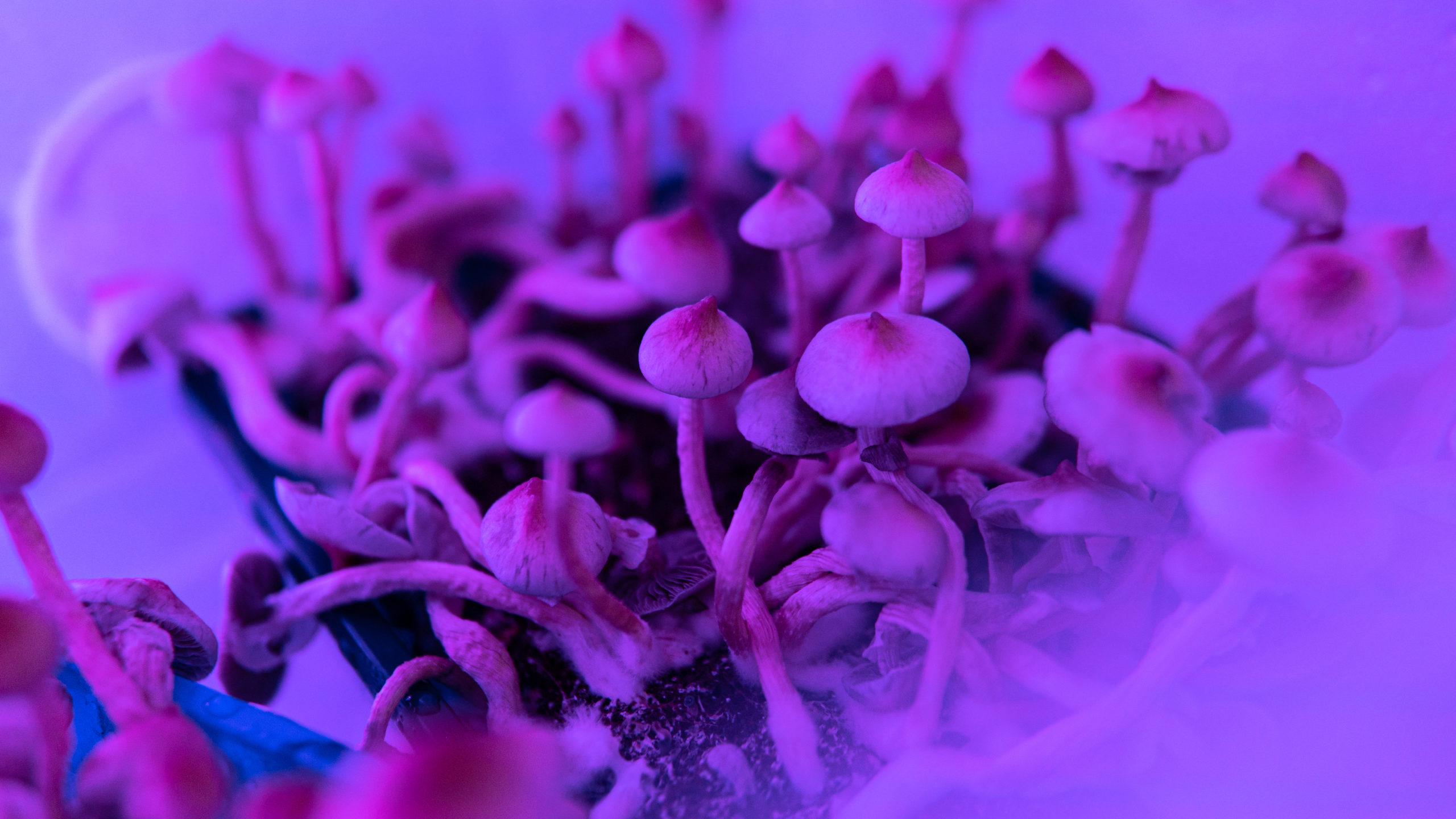
As voters across the country receive their ballots for the upcoming midterm elections, Americans in five states will vote on whether or not to legalize recreational cannabis. Living in one of the first legal, adult-use cannabis states, Coloradans face a different decision this year: Should Colorado allow adults to grow, possess and use psilocybin mushrooms, decriminalize psilocybin—and three other plant-based psychedelics—and establish a regulatory framework for supervised psychedelic treatments?
The question is posed by Proposition 122, or the Natural Medicine Act. Should state residents approve the proposition, Colorado would become the second state after Oregon to allow the use of certain psychedelic substances that are still federally illegal in the U.S.
However, Colorado’s initiative goes even further: It would ban the sales of these psychedelic substances except in licensed healing centers, but along with the ability to grow, possess and use mushrooms containing psilocybin, it decriminalizes mescaline (specifically excluding peyote), ibogaine and dimethyltryptamine (DMT, a compound in ayahuasca brew).
Natural Medicine Colorado is backing the initiative, telling Colorado Newsline, “Natural psychedelic medicines are non-addictive and can have profound benefits for people struggling with challenging mental health conditions including depression and anxiety and those struggling to find peace at the end of their lives.”
Proposition 122 argues that Colorado’s current approach to mental health has “failed to fulfill its promise,” adding that Coloradans deserve additional tools to aid in their mental health issues, including natural medicines. It would set a timeline for regulatory processes and facilities to operate by late 2024 for psilocybin. Colorado could also expand to offer similar services in those facilities with the other three decriminalized psychedelic substances, starting in 2016.
An issue committee supporting the reform measure reported more than $2.8 million in contributions, with nearly all of the funding coming from Washington, D.C.-based New Approach PAC, according to campaign finance disclosures via Colorado Newsline. New Approach PAC previously supported successful decriminalization measures in Oregon and Washington D.C.
As of June, 15 cities and other jurisdictions in the U.S. have decriminalized psilocybin possession, deprioritizing the policing, prosecution or arrest of psilocybin users. Denver became one of them in 2019, when voters in the city approved a measure that directed police to make possession of psychedelic mushrooms the city’s lowest law-enforcement priority.
Conservative groups that have remained opposed to legal cannabis since Amendment 64 first legalized cannabis in the state 10 years ago are similarly voicing their opposition to Proposition 122. Protect Colorado’s Kids, an issue committee opposing the measure, has reported raising just $750.
Others, like Luke Niforatos, head of the Virginia-based Smart Approaches to Marijuana, argue that the measure risks Coloradans replaying “the public health harms that surrounded the rush to legalize marijuana. Instead, we should learn from history and wait for researchers to learn more about potential harms or benefits,” he wrote in a Colorado Spring Gazette op-ed in September.
Conversely, advocates point to the expansive, increasing research around psychedelics, showing efficacy in treating mental health symptoms like depression, anxiety and post-traumatic stress disorder, including symptoms otherwise resistant to treatment. The federal Food and Drug Administration has also designated psilocybin twice as a breakthrough therapy for treating major depressive disorder.
Luke Gruber, a Marine veteran who had PTSD and depression after he served in Afghanistan, backs the initiative and said psilocybin therapy changed his life. In a June press release following the campaign’s submission of petition signatures, he said he couldn’t describe the experience itself, but he could describe his experience afterward: “It was like being reminded what hope felt like.”
Upon its passing, Proposition 122 would establish a 15-member Natural Medicine Advisory board, which would oversee the regulation of these psychedelic substances. Licensing for regulated providers would begin in September 2024.
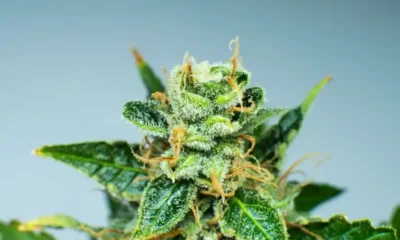

Congressional Progressive Caucus Says Dems Can Legalize MJ By Winning House, Senate Majorities This November
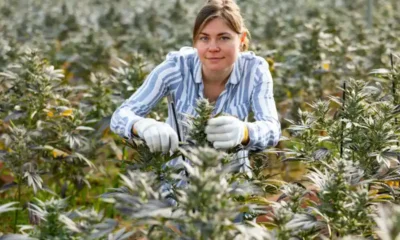

Cannabis Industry Has 440,000 Full-Time Workers
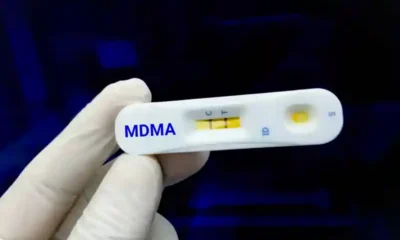

Federal Register Proposes Adding Fentanyl, Removing MDMA From Drug Testing Panels
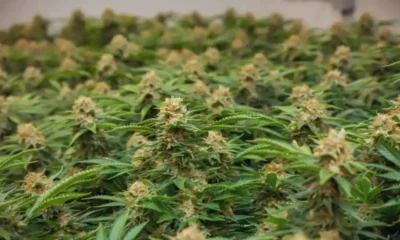

Feds File Charges Against Maine Weed Grower After Probe Spanning 20 States


The Cannabis Market Is Booming in Japan


German Authorities to Ban Cannabis Smoking, Vaping at Festivals Including Oktoberfest
